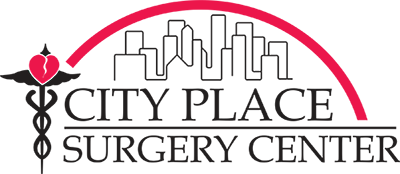Understanding Nerve Pain
Also called neuralgia, nerve pain is usually caused by an underlying disease or injury to a nerve. Symptoms can include shooting or burning pain, numbness, and tingling. Nerve pain is either constant or intermittent and usually gets worse over time. Treating nerve pain with appropriate medication is necessary to alleviate symptoms and prevent the pain from interfering with daily activities.

Getting to the root cause
Nerve pain can be caused by many conditions relating to the central nervous system (CNS), the body’s processing center. Common causes include an injury to the brain, spine, or nerves, poor blood supply to the nerves, and heavy drinking. Infections that can cause nerve pain include human immunodeficiency virus (HIV) and shingles. Sciatica and fibromyalgia are common culprits of the condition. Multiple sclerosis (MS), diabetes, stroke, and cancer can also cause nerve pain.
An over-the-counter approach
In some cases, nerve pain can be treated with over-the-counter (OTC) pain medications, especially if the pain is mild. Topical OTC painkillers can be applied directly to the affected area, offering immediate relief. Oral medications, such as nonsteroidal anti-inflammatory drugs (NSAIDs), are another great option. Sometimes supplements such as vitamin B12 may help alleviate neuropathy pain.
Asking for a prescription
Not all OTC drugs work efficiently in managing pain, and some people may need to consult a healthcare provider for something stronger. Antidepressants, anticonvulsants, and opioids are different medications that can effectively treat nerve pain when taken correctly. Antidepressants are good for chronic nerve pain, while the effects of anticonvulsants are more suitable for managing dull pain. Opioids are effective but carry a risk of addiction, so are often not a first-line choice. Topical anesthetics can be applied to the skin to help with different types of nerve pain, such as diabetic neuropathy.
Natural additions
Although prescription and OTC medications work well for most people, the natural route is another approach worth considering. Acupuncture, yoga, massage, and specific exercises can help with the bothersome symptoms of this condition. Transcutaneous electrical nerve stimulation (TENS) is another treatment that can be used for nerve pain. Many people find that combining medication with natural approaches offers the best of both worlds in reducing pain.
The right medication
Prescribing the right treatment for nerve pain can be challenging. Due to ongoing nerve pain, other symptoms, such as disturbed sleep and depression, may coexist. Sometimes doctors prefer to prescribe medications that will treat more than one symptom simultaneously. A thorough discussion of current symptoms, pain level, and preferred treatment approach is necessary to determine the best medication for the patient.




